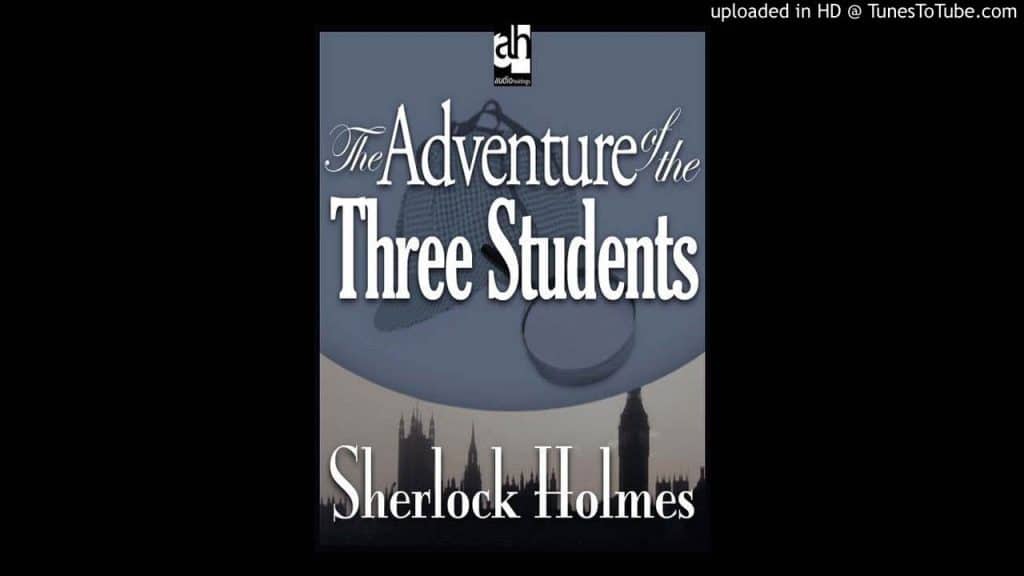Politicians, business magnates, sports stars — the Indian diaspora has done well for itself in its new homes around the world and, on a literary basis, crossed another test of acceptance with their depiction in fiction as regular, non-stereotypical characters. From police inspectors to businessmen to cooks in nearly half a dozen countries across four continents, overseas Indians are increasingly figuring in a range of splendid tales by a number of non-Indian writers.
Among the first possibly featured were way back in the early 20th century — and by no less than Sir Arthur Conan Doyle in the Sherlock Homes series. Andamanese aboriginal Tonga appears in the detective’s second outing The Sign of Four (1890) but the second character is more substantial.
Daulat Ras is one of the three scholarship aspirants suspected of acting unfairly in The Adventure of the Three Students (The Return of Sherlock Holmes, 1904). Described by his tutor as “a quiet, inscrutable fellow, as most of those Indians are”, Dr. Watson finds him “a silent, little, hook-nosed fellow, who eyed us askance” when they meet but Holmes is more discerning.
For the next, we must pick more recent authors.
Mr. Patel, who runs a grocery store in Lochdubh village up in the Scottish highlands, is a frequently-appearing character in prolific British writer M.C. Beaton’s Sergeant Hamish Macbeth series of whodunits, which currently number 31 — from Death of a Gossip (1985) to “Death of a Liar” (2015).
He debuts in the second, Death of a Cad (1987). As our policeman visits his shop-cum-house, it is first Mrs. Patel wearing a “bright red sari” he encounters. “Och, Mr Macbeth,” she said impatiently, “Whit d’ye want at this time o’night?” The husband, a “small brown man with liquid brown eyes and a beak of a nose” is more welcoming. “Evening, Mr Macbeth,” he said. “Will ye be havin’ a wee dram?”
You can’t be more integrated than that!
Then there is Lt. Raghavan of the New York Police Department in Matt Beynon Rees’ The Fourth Assassin (2010), the last installment of the Omar Yussef quartet. She is in charge of the investigation when our Palestinian schoolteacher-cum-investigator finds a headless body in his son’s apartment during a visit to New York. The “short, dark-skinned woman with straight black hair spraying across her narrow shoulders” with a “hard-pitched and sharp” voice is quite sardonic.
As her Arab subordinate hesitates in reading a love letter seized as evidence, she goes: “Come on, bashful. Translate,” and when he still demurs, she says: “Okay, fine, we’ll go back to the precinct house and dim the lights, and you’ll read me Romantic Rania’s letter over a nice bubbly flute of Chateau Budweiser.”
Colin Coterill’s Dr. Siri series set in the Laos of the 1970s has a pair of Indians resident in Vientiane. The extremely humble Bhikhu is the cook at the Happy Dine Restaurant and his estranged son Jogendranath or Crazy Rajid as he is known, wanders around stark naked and speechless.
But his father reveals the traumatic basis for his condition — the deaths of their family by drowning in a shipwreck on their way to Southeast Asia. They debut in the second, Thirty Three Teeth (2005) and occasionally appear in others though Rajid plays a stellar role in the ninth, The Woman Who Wouldn’t Die (2013), where he saves the life of Siri’s nurse and her child from a vengeance-seeking Frenchman by a colossal bluff — in crisp English!
An endearing character is Nairobi businessman Mr. Malik in British-born, Australia-settled journalist-turned-writer Nicholas Drayson’s A Guide to the Birds of East Africa (2008), an ingenious (but warm-hearted) love story-cum-zoological caper.
The short, slightly overweight, balding middle-aged widower develops a crush on his Tuesday morning bird-walk leader and intends to invite her to a ball, but a rival with the same target surfaces. To resolve the issue, club members A.B. Gopez, Mr. Patel and lawyer Tiger Singh devise a unique wager — and ensure plenty of misadventures for both. He returns in A Guide To Beasts of East Africa (2012).
Southwards is Superintendent David Patel of the Johannesburg Central Police, the detective partner and (unaware love interest) of Private Investigator Jade de Jong, the daughter of his old police superior. He appears in three of the series by Jassy Mackenzie — Random Violence (2010), Stolen Lives (2011) and The Fallen (2012).
Like real life, overseas Indians seem certain to continue leaving their mark in the printed world too. To adapt Leigh Hunt, “May their tribe increase!”
